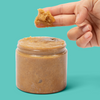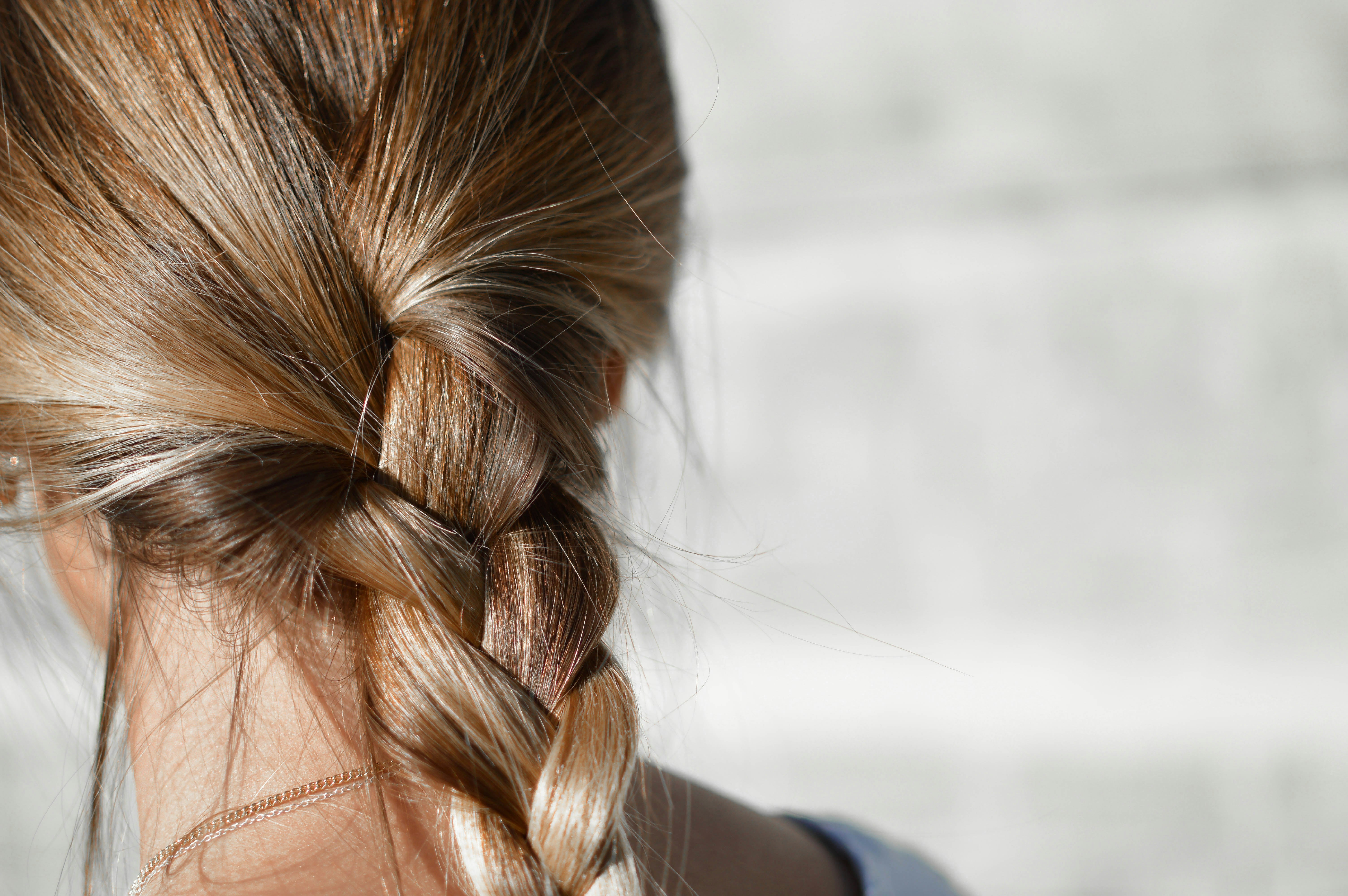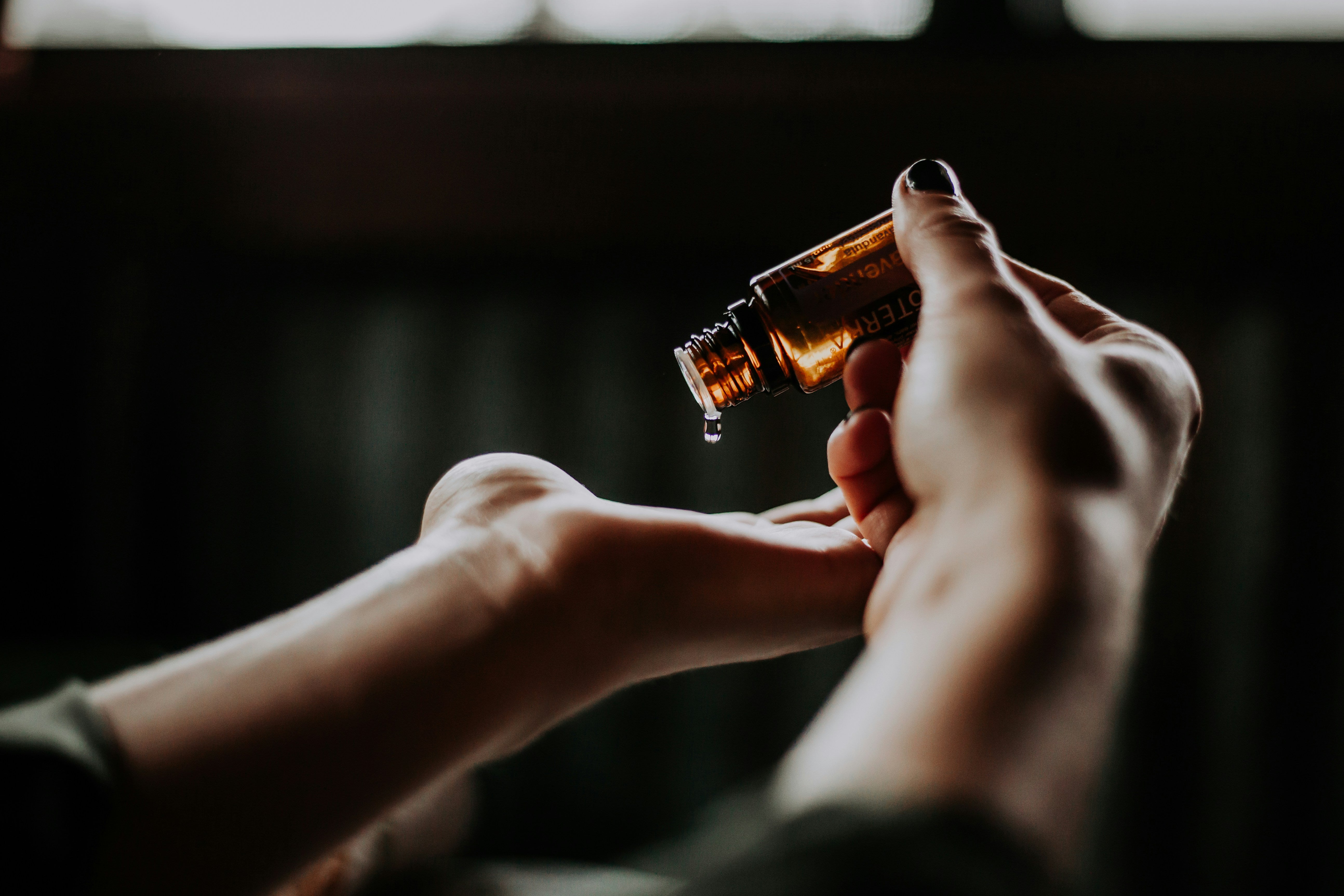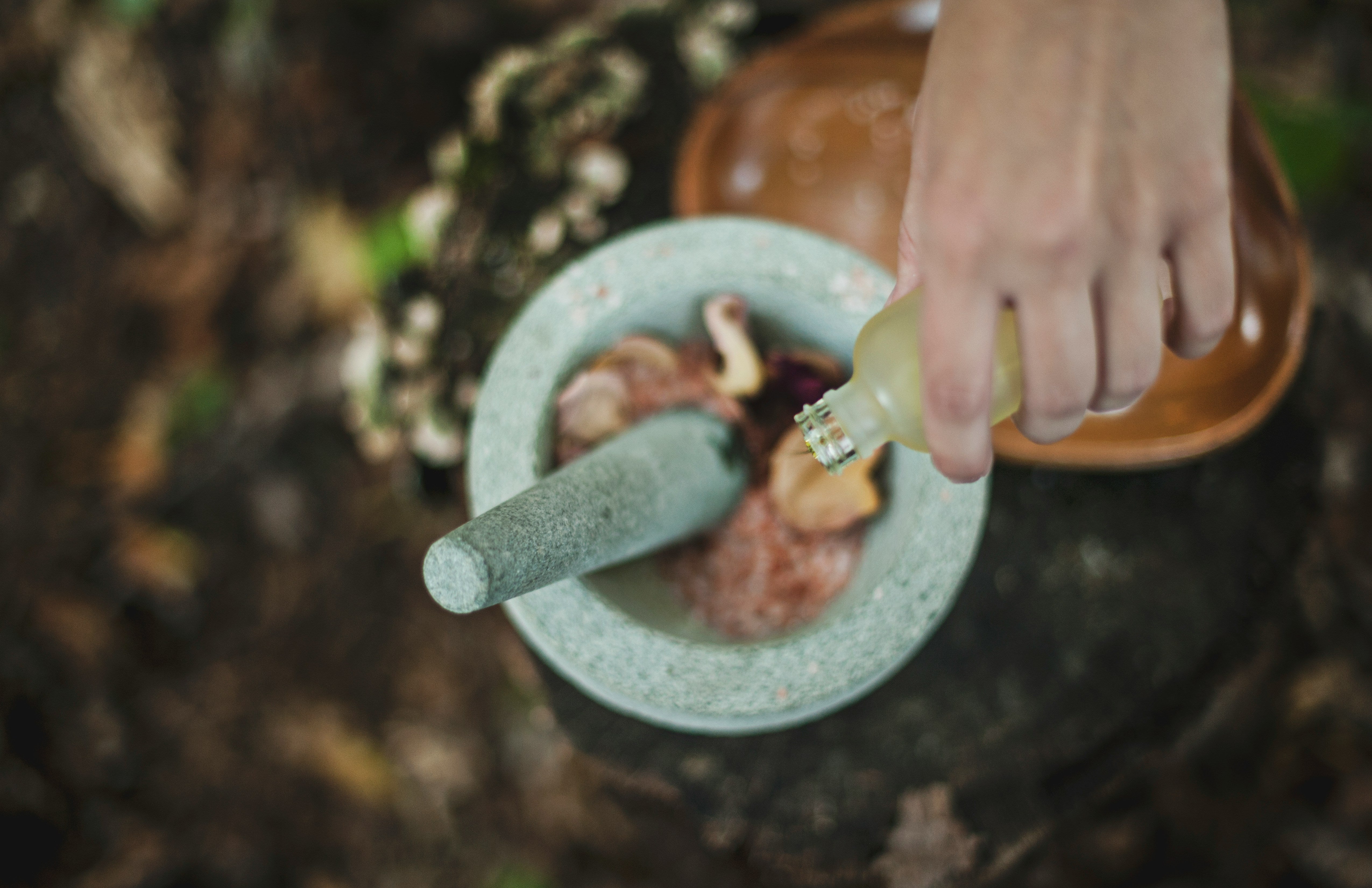Where Does Batana Oil Come From?
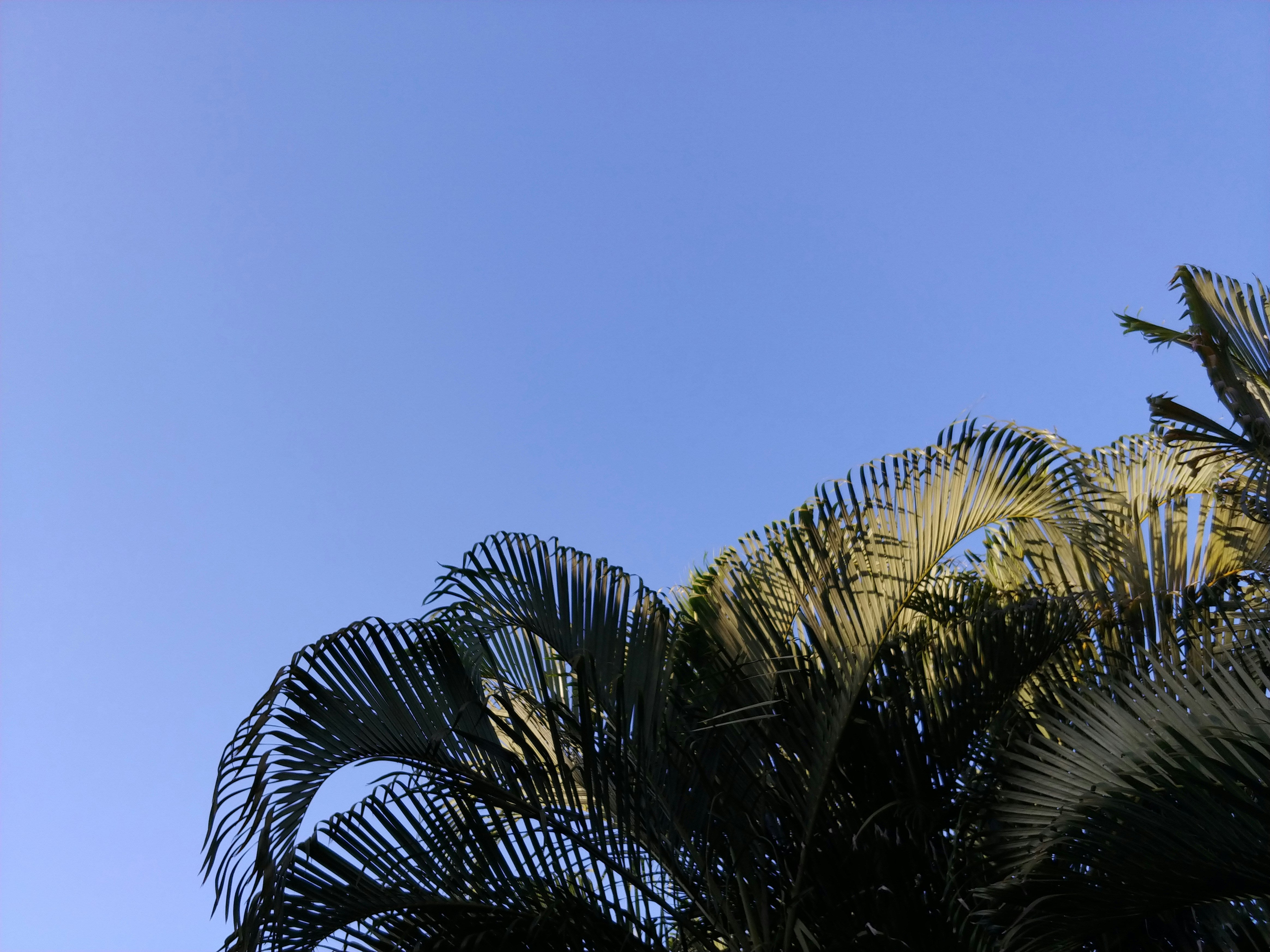
Batana oil has quickly gained popularity as one of the most effective ways to stop hair loss and even regrow hair - completely naturally.
However, it’s not a new discovery - it has been used for centuries by the indigenous Miskito people. Behind the hair growth and skincare benefits, where does batana oil come from?
We’ll take you on a quick tour of the tropical rainforests of Honduras where the Elaeis oleifera tree grows naturally and explain the extraction process that goes into getting the oil in the bottle that ships to your doorstep.
You’ll learn not just where this miracle oil comes from, but why it’s still only available through natural sourcing measures. If you want to harness its potential for yourself, you’re in luck. Spoiled is your trusted source for 100% raw batana oil sourced ethically and proven to work.
Transform your skin and hair health today with a natural, tried-and-true solution.
What is Batana Oil?
This nutrient rich oil is derived from the nuts of the American palm tree, specifically the Elaeis oleifera species. It’s packed with essential nutrients that make it a powerhouse for hair and skin care.
That includes vitamin E, known for its antioxidant properties that protect cells from damage and promote overall health. It’s also abundant in oleic and linoleic acids, which are essential fatty acids that help maintain the moisture balance and elasticity of hair and skin.
The most popular use is batana oil for hair, and it’s clear to see why:
- Prevents Hair Loss: It can help reduce hair thinning and prevent hair loss by nourishing the scalp and strengthening hair roots.
- Promotes Hair Growth: It stimulates the scalp and enhances blood circulation, which helps to nourish hair follicles and promote growth. Enhanced blood flow brings good nutrients in to support growth while removing toxins that hinder hair health.
- Strengthens and Repairs: The oil penetrates deeply into the hair shaft, repairing damage from within. It strengthens the hair, reducing breakage and split ends.
- Adds Shine and Softness: Its moisturizing properties smooth the hair cuticle, resulting in shinier, more manageable hair. It adds a natural gloss and improves texture, making hair look vibrant and healthy.
However, the same properties that make it such a powerful haircare remedy also work wonders on the skin. It can moisturize dry, flaky skin and even repair damage such as stretch marks or scars. It can even reduce the signs of aging like fine lines or wrinkles.
Those with conditions like eczema and psoriasis have harnessed batana oil’s anti-inflammatory properties to soothe redness and irritation, finding much-needed relief quickly and naturally.
You’d think something this powerful would be a mainstream remedy by now…and yet, batana oil remains shrouded in mystery and hard to find. So where does batana oil come from?
Where Does Batana Oil Come From?
Let’s look at the history of batana oil and its sourcing so you can understand why it’s not something that’s as readily available as you might imagine.
The History of Batana Oil
This miracle oil has been a well-kept secret for the indigenous Miskito people, often referred to as the “Tawira” or “people of beautiful hair.”
They’ve used it to nourish and beautify their hair and skin naturally, and have passed down the knowledge of its properties and its extraction to future generations.
Historically, the men would harvest the oil from its source while the women would handle the processing side of things. So, where does batana oil come from specifically?
The Elaeis Oleifera Tree
The Elaeis oleifera tree, commonly known as the American oil palm, is the source of batana oil. It’s native to Central and South America rainforests, with Honduras being a particularly rich habitat for these trees.
Unlike its more widely known relative, the African oil palm, Elaeis oleifera produces nuts that are less commercially exploited as they hold cultural and practical value for the Miskito people.
These trees are characterized by tall, slender trunks and wide, feather-like fronds. They produce clusters of small, reddish-brown nuts, each encased in a hard shell. It’s these nuts that batana oil is extracted from, preserving the natural nutrients that make it so beneficial.
The Elaeis oleifera tree is rarely planted for commercial processing. Instead, they grow naturally in marshland, swamps, and other ecosystems found in nature. This limited source is what makes batana oil so sought after and in some cases, expensive. It’s worth every penny though.
Extraction Process
Extracting the oil from the trees is a meticulous process that is still done using traditional methods, as this preserves the oil’s naturally powerful properties. Here’s how it works:
- Harvesting: The process begins with the careful harvesting of Elaeis oleifera nuts. They’re typically collected by hand to prevent damage and retain their full nutrient profile.
- Cleaning: The nuts are thoroughly cleaned to remove any dirt or debris in an effort to maintain the purity and quality of the oil.
- Roasting: The nuts are then roasted over an open flame or in a traditional clay oven. This process helps break down the nuts' hard shells and release the oil within. It must be done carefully to avoid burning the nuts, which would compromise the oil’s quality.
- Grinding: The nuts are then ground into a fine paste using a mortar and pestle or a mechanical grinder. This is incredibly labor-intensive but necessary to prepare the nuts for oil extraction.
- Extracting the Oil: The ground nut paste is placed into a cloth or a pressing bag. The oil is then extracted from the paste by applying pressure, either manually or using a mechanical press. The first press typically yields the highest quality oil, rich in nutrients and free from impurities.
- Straining: The extracted oil is then strained to remove any remaining solid particles. This ensures the final product is smooth and pure, ready for use.
- Storing: Finally, the strained oil is stored in clean, airtight containers. Proper storage is essential to preserve the oil’s potency and extend its shelf life. Dark glass bottles are often used to protect the oil from light, which can degrade its quality over time.
While the process could be improved through more sophisticated methods from a productivity standpoint, there’s a reason this antiquated process is still the method of choice. It preserves the properties that make batana oil so powerful.
On that note, let’s discuss the importance of source.
Why Source Matters So Much
You may wonder why the Elaeis oleifera tree isn’t grown commercially still, and why high-quality batana oil products like ours here at Spoild are relatively expensive compared to other skin and hair care products.
It’s because the source plays a pivotal role in quality, but also from an ethical perspective.
Potency and Purity
Oil derived from freshly harvested Elaeis oleifera nuts and processed using traditional methods retains higher levels of nutrients such as vitamin E, oleic acid, and linoleic acid. These nutrients are essential for promoting hair growth, strengthening hair strands, and improving skin health.
Similarly, batana oil produced without chemical additives or extensive industrial processing maintains its natural purity.
Traditional extraction methods, as practiced by the indigenous Miskito people, ensure that the oil is free from contaminants and retains its natural composition. This makes the oil more effective and safer for use on hair and skin.
Ethical Considerations
Ethical sourcing of batana oil involves sustainable harvesting practices that protect the rainforest ecosystem. The Elaeis oleifera tree plays an important role in rainforest biodiversity, and responsible harvesting ensures that these trees are not over-exploited.
It also supports the communities that make this miracle oil. The Miskito people, who have harvested and processed batana oil for generations, rely on this practice for their livelihood.
In this sense, you’re contributing to fair trade practices that ensure these communities receive fair compensation for their work by choosing ethically sourced oil. You can rest assured the people responsible for helping you reach your hair and skin goals are paid fair wages and work in safe, enjoyable conditions without exploitation.
Where Can You Find the Best Quality Batana Oil Online?
With a better understanding and appreciation for batana oil’s origins and sourcing, you probably want to get your hands on the cleanest, most potent product possible. We’re here to help.
What to Look For
Here are some things to keep in mind as you start your search for quality batana oil:
- Purity: The best batana oil should be free from any additives, preservatives, or fillers. Check the ingredient list to ensure that it contains only pure batana oil.
- Extraction Method: The oil must be extracted using traditional methods, such as cold-pressing. This preserves its natural nutrients and ensures maximum potency.
- Ethical Sourcing: As we just mentioned, this supports sustainable harvesting practices and fair trade. It benefits both the environment and the communities involved in its production.
- Certifications: Look for certifications related to organic production, fair trade, or sustainability as these are a good gauge of the oil’s quality.
- Customer Reviews: Feedback from other customers can provide insight into the oil’s effectiveness and the company’s reliability.
- Transparency: Companies that provide detailed information about where and how the oil is produced are typically associated with a trustworthy product. Those who make it hard to trace back the origin are probably hiding something.
Why Spoild is the #1 Choice
Your search for batana oil that checks all these boxes above ends right here at Spoild.
We’ve earned the trust of 40,000+ happy customers and counting for our 100% pure batana oil, which is sourced sustainably from Honduras and cold-pressed to preserve its natural properties. With countless reviews showcasing impressive results, the quality speaks for itself:
“Used it for about 2 weeks now and my hairline started to show signs of improvement. Awesome product and 100% natural.” - JZ
“I’ve tried countless hair products but nothing works like this!! My hair feels so incredibly healthy and shiny!” - Emily
“Used this once and did not expect my hair to feel as soft as it did even days after. My hair is very dry and this is the only thing I’ve used so far that has kept my hair really soft and feeling healthy. Excited to continue using.” - Ashley
If you place your order today you could have your oil in hand within 2-5 days. Then, it’s just a matter of incorporating it into your routine and letting it works its magic. Here are some usage tips to help you reap all the benefits batana oil has to offer.
Usage Guidelines to Maximize Results
Simply take a small amount of batana oil on your fingers and rub them together. A little goes a long way, but don’t be afraid to be generous with your usage.
Then, massage into your scalp, focusing on problem areas but being sure to cover the entire scalp. Leave it for 20 minutes before rinsing it out.
Do this daily and before you know it you’ll see a very different person looking back in the mirror. But how long does batana oil take to work? In some cases, just a few weeks! But the manageability and shine of your hair will be improved from that very first use.
We have more tips on how to use batana oil on hair in our blog if you’re interested. At this point, though, it’s time you placed your order if you haven’t already as we wrap this guide up.
Parting Thoughts on Where Batana Oil Comes From
So, where does batana oil come from? It’s derived from the Elaeis oleifera tree, which is commonly found in the rainforests, marshlands, and swamps of Honduras.
The oil is sourced ethically and sustainably before being extracted through natural methods, as this protects its potency and purity - in turn, delivering impressive results for your hair and skin.
Transform your skin and haircare routine today and discover the benefits of batana oil firsthand with Spoild. We’re confident you’ll be back for more once you see what it can do for you!
